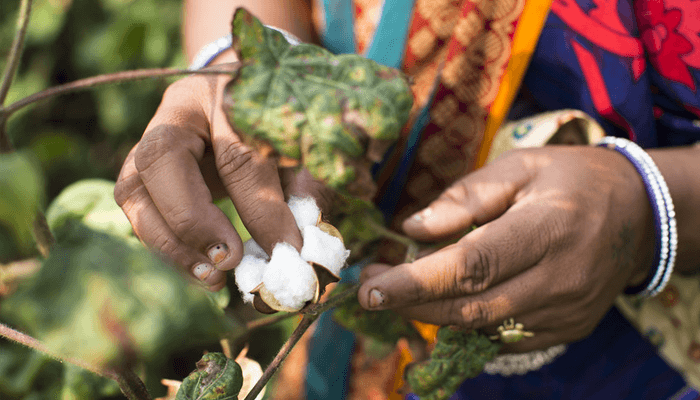According to the last UN University forecasts, more than half a billion people could be pushed into poverty as a result of this crisis.
In Kenya, we’ve already seen 50,000 flower farmers sent on unpaid leave or dismissed from their position. The flower industry in Uganda is also struggling, with 80% of its 10,000 employees sent home, after rose exports dropped between 80-90%. While fortunately flower sales have plateaued, as opposed to continue to drop, it is a difficult situation for many, with incomes slashed and likely no work or safety nets.
For Asia and Pacific cotton farmers, there is no work for daily wage ginning workers and spinning mills are struggling with the repayment of bank loans. On top of this, contracts are either getting cancelled or are on the verge of cancellation. There will likely be disputes between suppliers and buyers on who will bear the charges caused by the delay.
It’s clear that those in developing countries, with few safety nets, are being hit hard. Now more than ever, we must show our support for Fairtrade farmers.
How Fairtrade is helping to protect its producers
Fairtrade is taking steps to protect its staff, its producers and their incomes. The Fairtrade organisations around the world are supporting farmers to take steps to protect themselves and keep themselves and their businesses safe.
Fairtrade announced in March that co-operatives can invest their Fairtrade Premium funds to minimise the spread of the disease and/or to mitigate any potential negative effects on farmers, and their communities, without prior approval at the organisation’s annual General Assembly.
Producers are already seeing the benefit of this policy worldwide. Over the coming months, we will continue to keep you up to date with how Fairtrade is supporting farming communities across the world and across commodities. With prevention and protection, Fairtrade is helping support farmers in their efforts to tackle this crisis.
